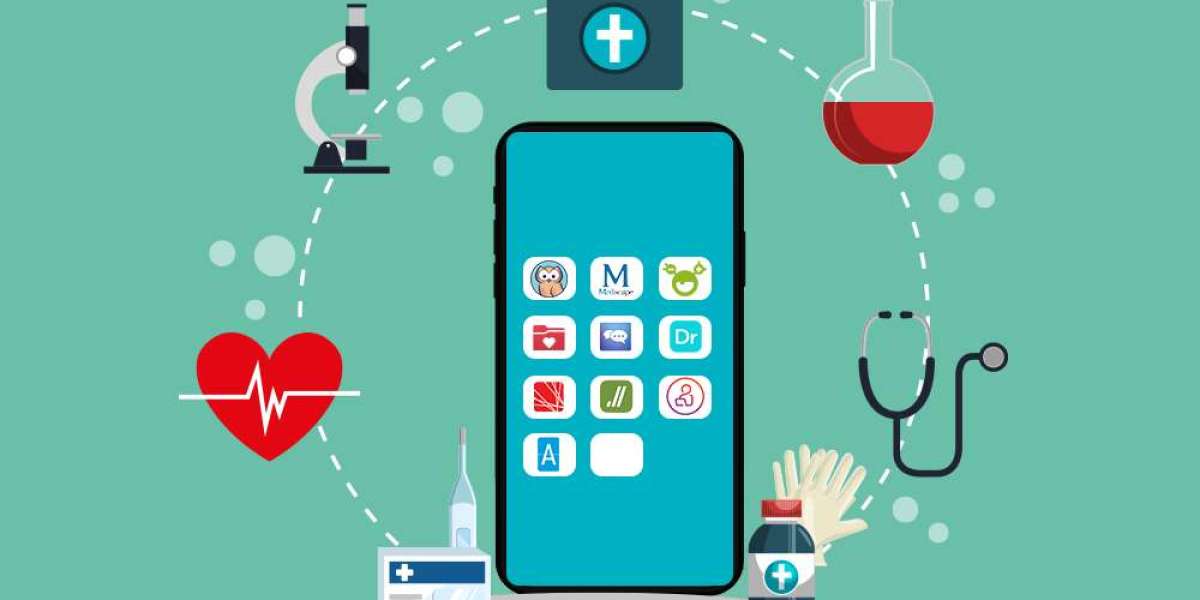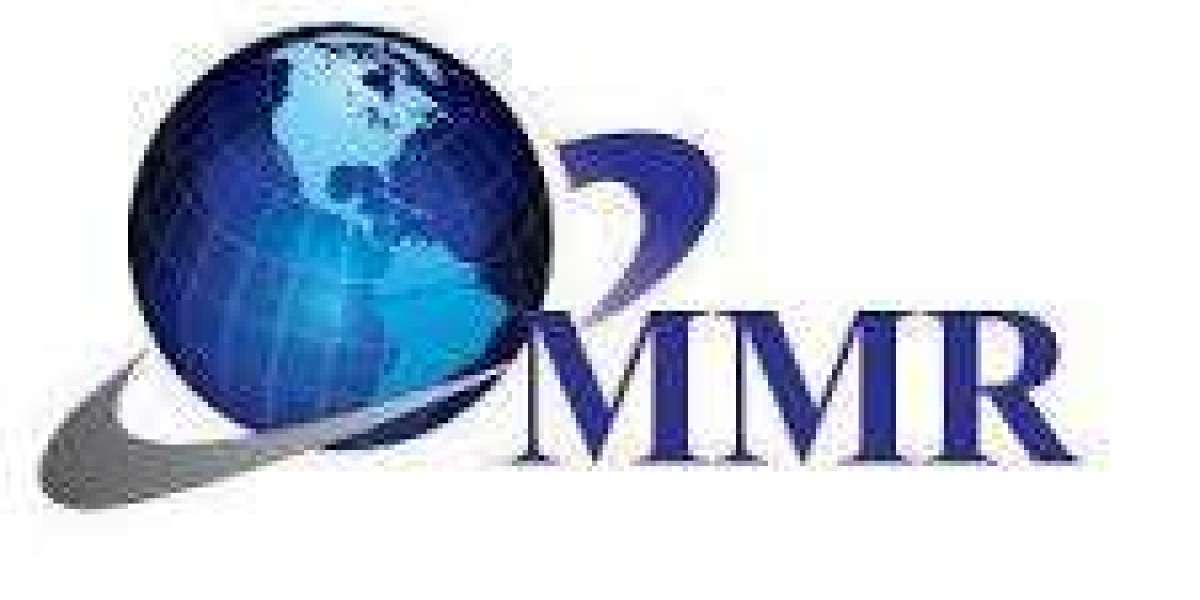In an era where smartphones have become ubiquitous, the integration of technology into healthcare has opened up new frontiers in patient care and management. With the advent of healthcare apps, individuals now have access to a wealth of medical information, tools for tracking their health metrics, and even virtual consultations with healthcare providers. These apps are not only revolutionizing the way we approach healthcare but also empowering patients to take control of their well-being. Let's explore the transformative potential of healthcare apps and their impact on the future of medicine.
Access to Information:
One of the most significant benefits of healthcare apps is their ability to provide access to valuable medical information at the touch of a button. Whether it's understanding symptoms, learning about treatment options, or accessing preventive care tips, healthcare apps serve as comprehensive resources for users seeking reliable healthcare information.
Moreover, many healthcare apps leverage artificial intelligence (AI) and machine learning algorithms to personalize content based on the user's health profile and preferences. This ensures that individuals receive tailored recommendations and insights relevant to their specific needs, ultimately empowering them to make informed decisions about their health.
Remote Monitoring and Management:
Another key feature of healthcare apps is their ability to enable remote monitoring and management of health conditions. For individuals living with chronic diseases such as diabetes, hypertension, or heart disease, these apps serve as invaluable tools for tracking vital signs, medication adherence, and lifestyle habits.
Through connected devices such as wearable fitness trackers or Bluetooth-enabled glucometers, healthcare apps can collect real-time data and provide actionable insights to both patients and healthcare providers. This not only facilitates proactive management of chronic conditions but also reduces the need for frequent in-person visits, thereby improving access to care and reducing healthcare costs.
Telemedicine and Virtual Consultations:
The rise of telemedicine has been accelerated by the widespread adoption of healthcare apps, allowing patients to connect with healthcare providers remotely through video consultations, secure messaging, and virtual visits. This has proven to be especially beneficial for individuals with limited mobility, those living in rural or underserved areas, and busy professionals who may struggle to find time for traditional office visits.
Telemedicine apps offer a convenient and efficient alternative to traditional healthcare delivery models, enabling patients to receive timely medical advice, prescriptions, and follow-up care from the comfort of their own homes. Moreover, these virtual consultations help alleviate the burden on healthcare facilities, reduce waiting times, and improve overall patient satisfaction.
Health and Wellness Tracking:
Beyond medical care, healthcare apps also play a vital role in promoting health and wellness by enabling users to track various aspects of their well-being, including physical activity, nutrition, sleep, and mental health. By logging daily activities, setting goals, and receiving personalized feedback, individuals can take proactive steps towards achieving their health and fitness objectives.
Many healthcare apps employ gamification techniques and social features to enhance user engagement and motivation, turning health tracking into a fun and interactive experience. Whether it's competing with friends in fitness challenges, earning rewards for reaching milestones, or joining online support communities, these features help foster a sense of accountability and camaraderie among users.
Privacy and Security Considerations:
While healthcare apps offer numerous benefits, they also raise important considerations regarding privacy and security. Given the sensitive nature of health data, it's essential for app developers to implement robust security measures to protect user information from unauthorized access, breaches, and cyber threats.
This includes encryption of data transmission, secure storage practices, adherence to regulatory standards such as HIPAA (Health Insurance Portability and Accountability Act), and transparent privacy policies outlining how user data is collected, used, and shared. By prioritizing data security and compliance, healthcare apps can instill trust and confidence among users, encouraging widespread adoption and engagement.
The Future of Healthcare Apps:
As technology continues to advance, the future of healthcare apps holds immense promise for transforming the way we access, deliver, and experience healthcare services. From leveraging emerging technologies such as artificial intelligence, augmented reality, and blockchain to fostering greater collaboration among patients, providers, and researchers, the possibilities are endless.
Moreover, the ongoing COVID-19 pandemic has further accelerated the adoption of digital health solutions, highlighting the importance of telemedicine, remote monitoring, and virtual care delivery in ensuring continuity of care during times of crisis. As we navigate this rapidly evolving landscape, healthcare apps will continue to play a pivotal role in shaping the future of medicine and improving health outcomes for individuals worldwide.
In conclusion, healthcare apps represent a powerful intersection of technology and medicine, offering unprecedented opportunities to revolutionize the healthcare industry and empower individuals to lead healthier, more fulfilling lives. By harnessing the transformative potential of mobile technology, we can build a future where healthcare is more accessible, personalized, and effective than ever before.







